Trump says he stopped India-Pakistan war after India says no US mediation
Trump made his remarks just before he was scheduled to host Pakistan's powerful armed forces chief Asim Munir in a rare meeting at the White House.
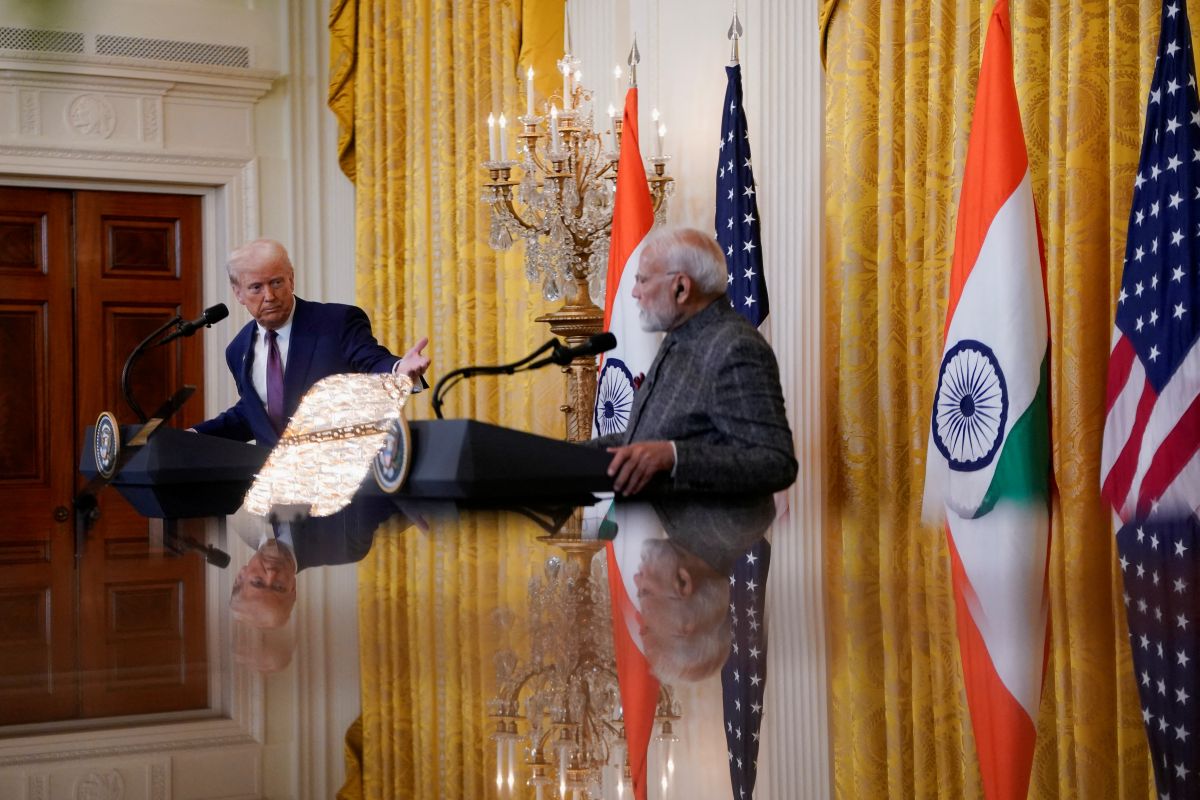 U.S. President Donald Trump and Indian Prime Minister Narendra Modi are pictured in a mirror as they attend a joint press conference at the White House in Washington, D.C., U.S., February 13, 2025. / REUTERS/Nathan Howard/File Photo
U.S. President Donald Trump and Indian Prime Minister Narendra Modi are pictured in a mirror as they attend a joint press conference at the White House in Washington, D.C., U.S., February 13, 2025. / REUTERS/Nathan Howard/File Photo
U.S. President Donald Trump insisted on June 18 that he had stopped the war between India and Pakistan, hours after Indian Prime Minister Narendra Modi told him the ceasefire after a four-day conflict in May was achieved through talks between the neighbors' militaries, not U.S. mediation.
Trump made his remarks just before he was scheduled to host Pakistan's powerful armed forces chief Asim Munir in a rare meeting at the White House on June 18, something likely to upset India, a country the U.S. president and his predecessor Joe Biden assiduously courted as part of efforts to push back against China.
White House spokeswoman Anna Kelly said Trump would host Munir after he called for the president to be nominated for the Nobel Peace Prize for preventing a nuclear war between India and Pakistan.
Asked what he wanted to achieve from the lunch meeting, which will follow a call he held with Modi on June 17 evening, Trump told reporters at the White House: "Well, I stopped a war ... I love Pakistan. I think Modi is a fantastic man. I spoke to him last night. We're going to make a trade deal with Modi of India.
"But I stopped the war between Pakistan and India. This man was extremely influential in stopping it from the Pakistan side. Modi from the India side and others. They were going at it - and they're both nuclear countries. I got it stopped."
Trump had said last month that the nuclear-armed South Asian neighbours agreed to a ceasefire after talks mediated by the U.S., and that the hostilities ended after he urged the countries to focus on trade instead of war.
Also Read:India will not accept third-party mediation of relations with Pakistan, Modi tells Trump
However, Modi told Trump late on June 17 that the ceasefire was achieved through talks between the Indian and Pakistani militaries and not U.S. mediation, according to India's most senior diplomat, Foreign Secretary Vikram Misri.
Pakistan has thanked Washington for playing a mediating role.
India has repeatedly denied any third-party mediation and the phone call between Modi and Trump on the sidelines of the G7 summit in Canada, which Modi attended as a guest, was the two leaders' first direct exchange since the May 7-10 conflict.
"PM Modi told President Trump clearly that during this period, there was no talk at any stage on subjects like India-U.S. trade deal or U.S. mediation between India and Pakistan," Misri said in a press statement.
"Talks for ceasing military action happened directly between India and Pakistan through existing military channels, and on the insistence of Pakistan. Prime Minister Modi emphasised that India has not accepted mediation in the past and will never do," he said.
Misri said the two leaders had been due to meet on the sidelines of G7 summit but Trump left a day early due to the situation in the Middle East.
Trump asked Modi if he could stop by the U.S. on his return from Canada, Misri said, but the Indian leader expressed his inability to do so due to a pre-decided schedule. He invited Trump to visit India later this year for the summit of the leaders of the Quad grouping, which Trump accepted, Misri said.
The heaviest fighting in decades between India and Pakistan was sparked by an April 22 attack in Kashmir that killed 26 people, most of them tourists. New Delhi blamed the incident on "terrorists" backed by Pakistan, a charge denied by Islamabad.
Pakistan has previously said that the ceasefire happened after its military returned a call the Indian military had initiated on May 7.
On May 7, Indian jets bombed "terrorist infrastructure" sites across the border, triggering tit-for-tat strikes spread over four days in which both sides used fighter jets, missiles, drones and artillery.
Misri said that Trump expressed his support for India's fight against terrorism and that Modi told him India's Operation Sindoor under which it launched the cross-border strikes was still on.
Analyst Michael Kugelman, a senior fellow at the Asia Pacific Foundation think tank, said ties between India and the U.S., which have thrived in recent years, could suffer if Trump continued to make remarks about a U.S. role in the ceasefire and offered U.S. mediation on Kashmir, a disputed Himalayan territory that India and Pakistan both claim.
"Ultimately it all depends on whether Trump is willing to let Modi have the final word," Kugelman said.
ADVERTISEMENT
ADVERTISEMENT
E Paper
Video




 Reuters
Reuters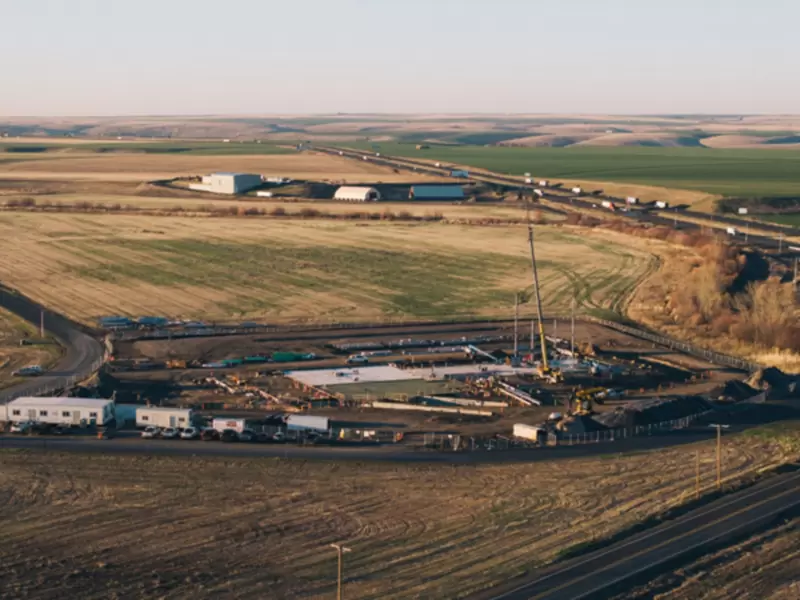
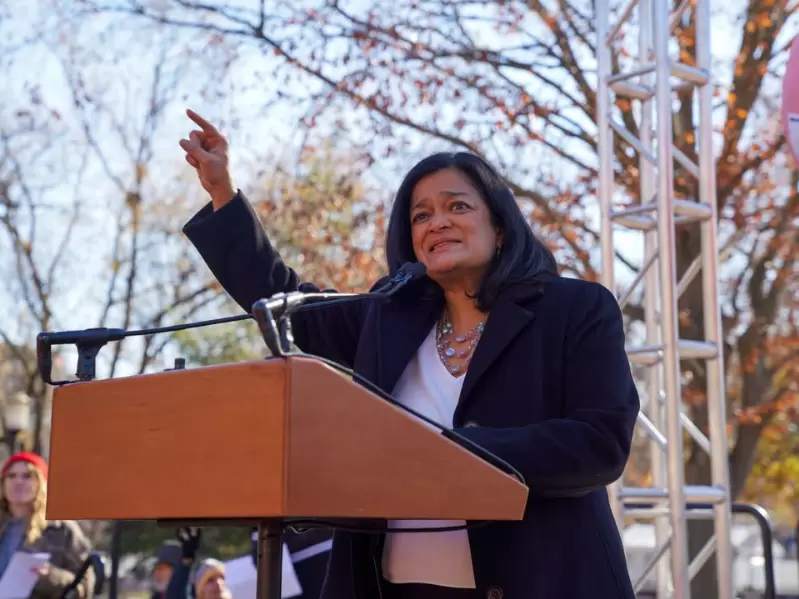

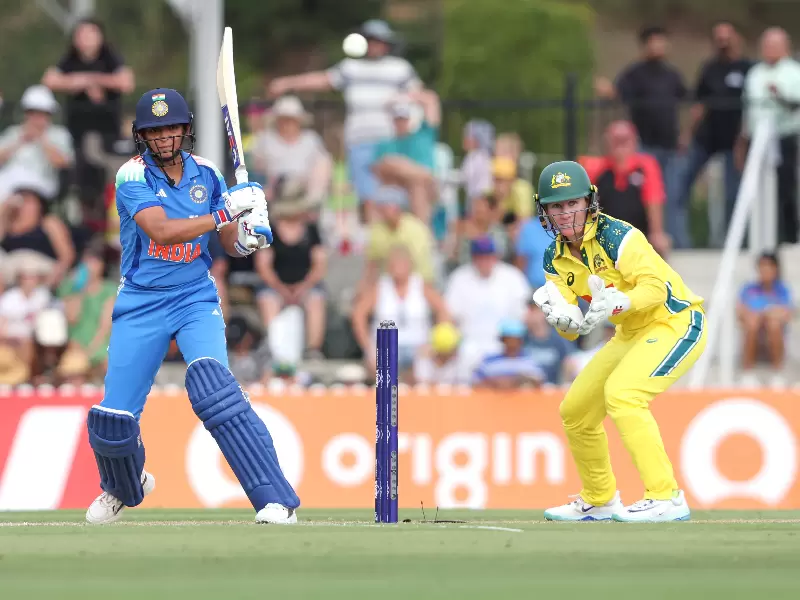
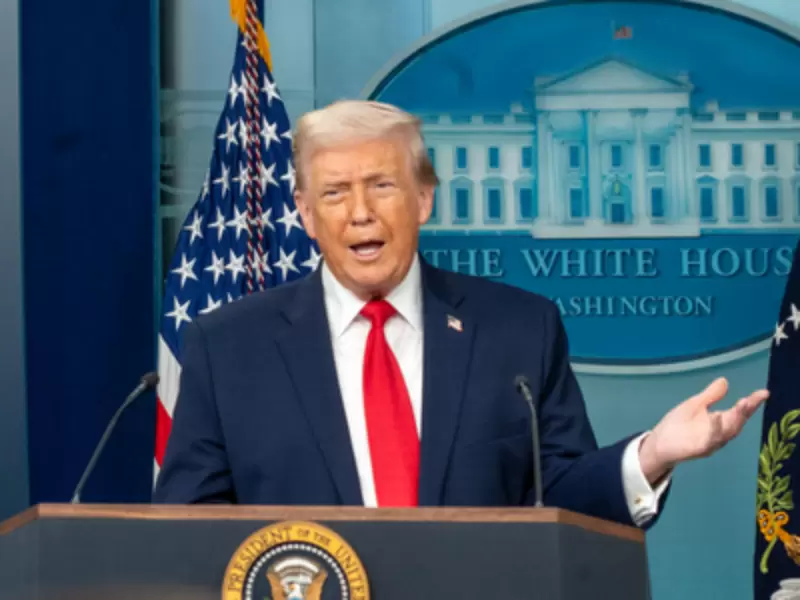
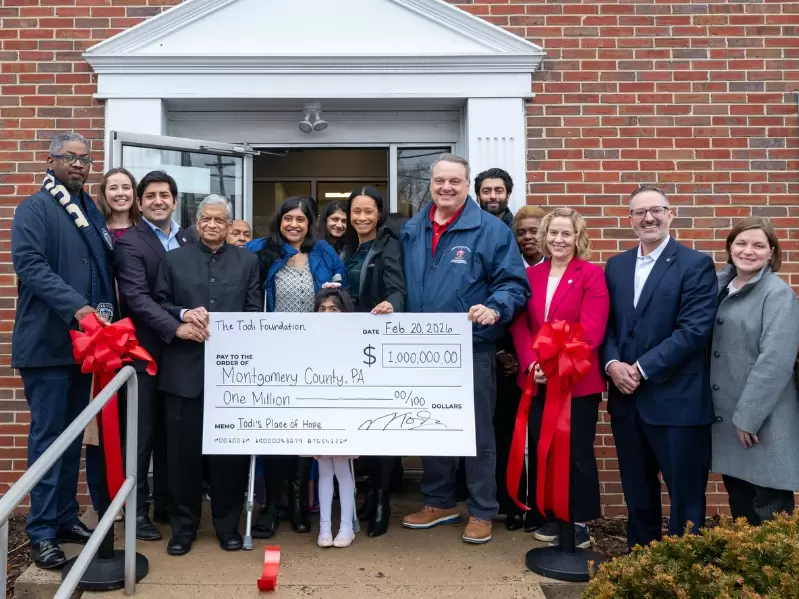
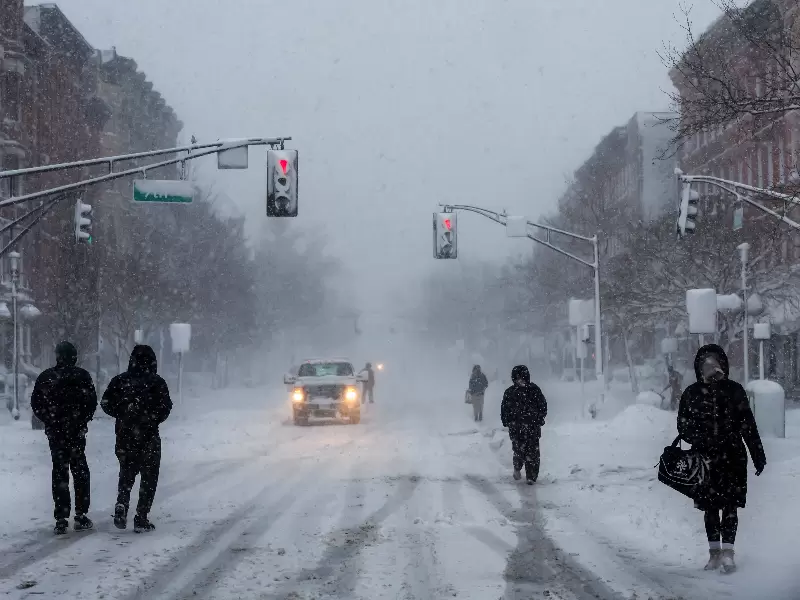
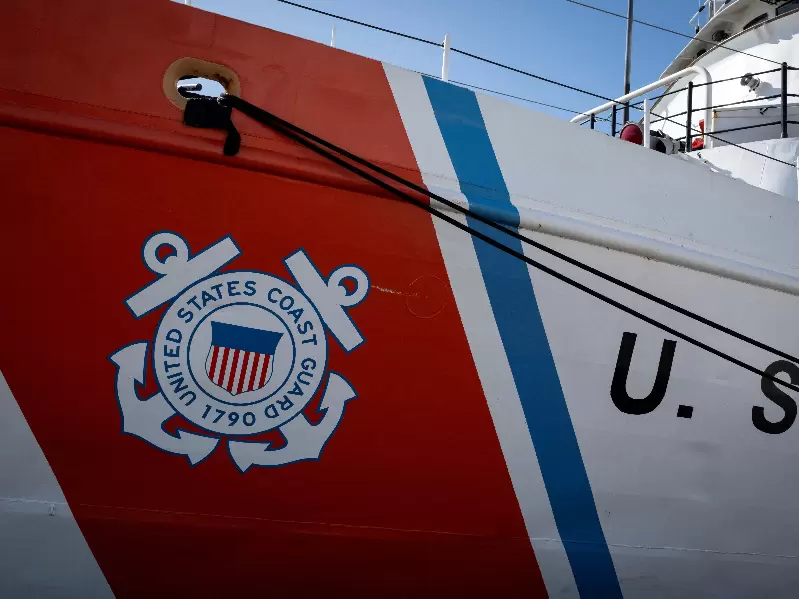
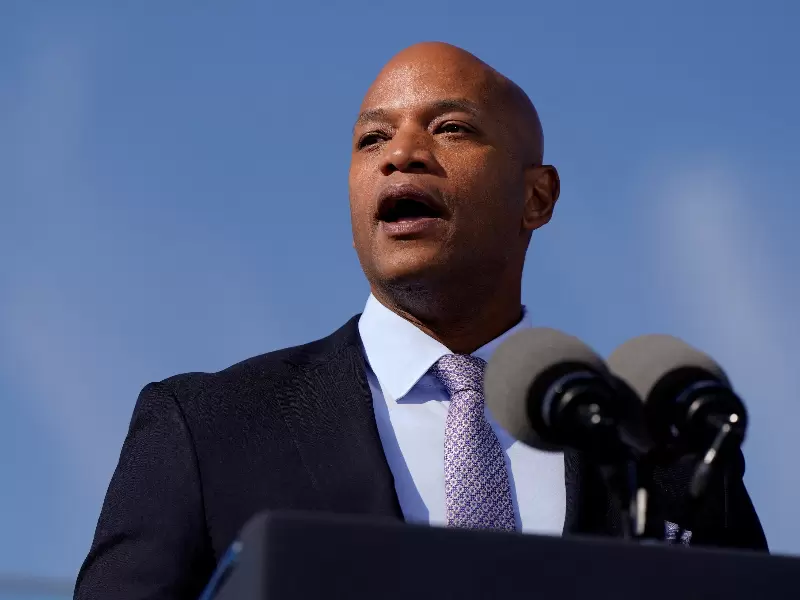
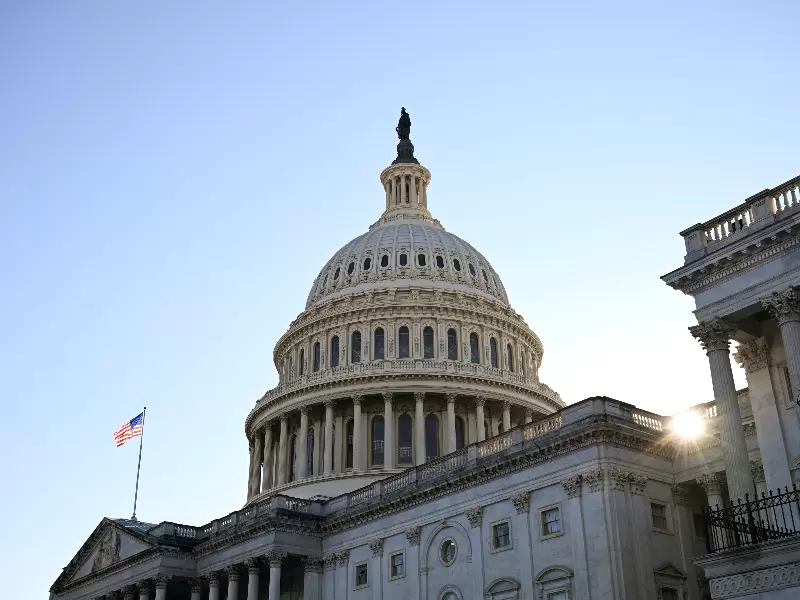
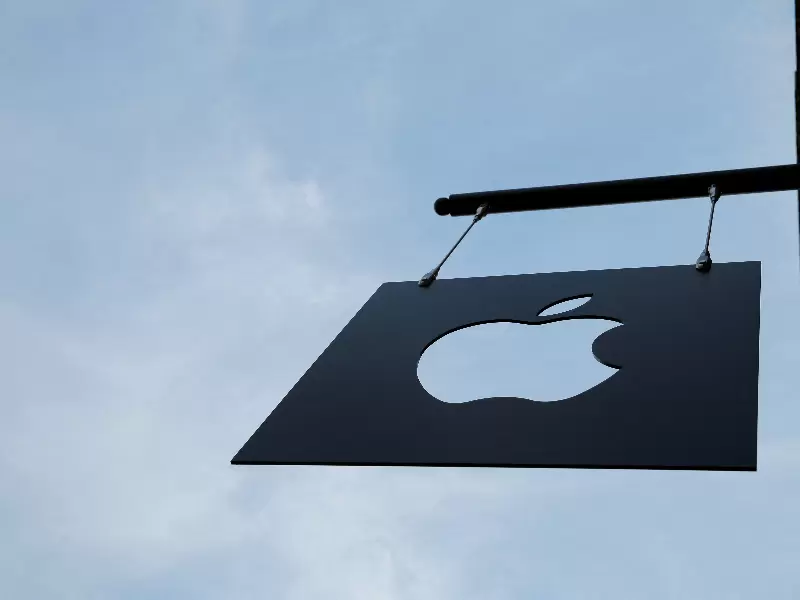
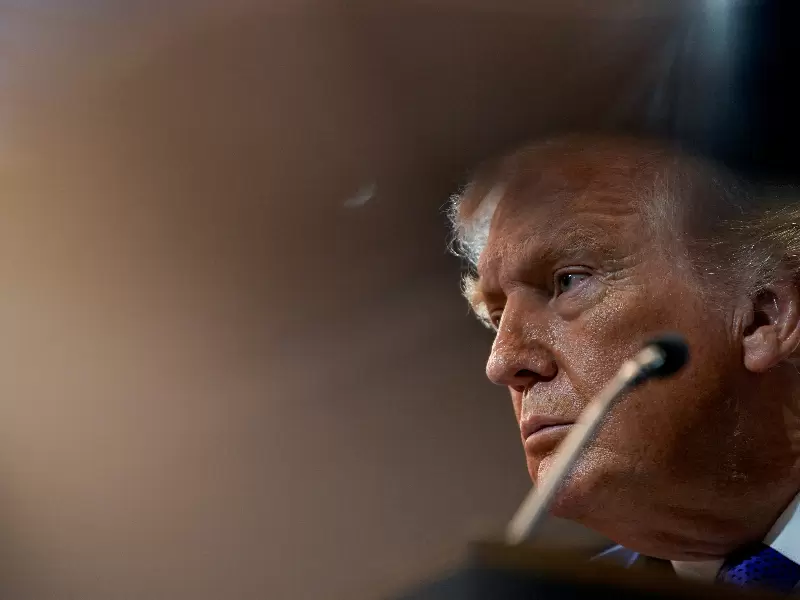


Comments
Start the conversation
Become a member of New India Abroad to start commenting.
Sign Up Now
Already have an account? Login